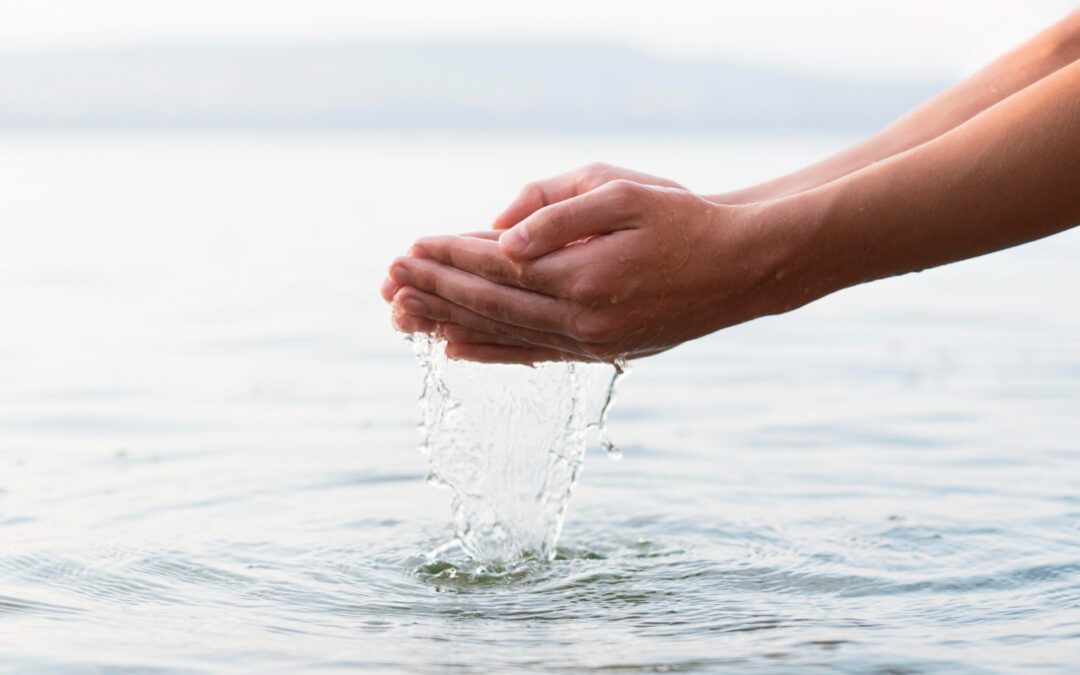Water-saving strategies for Auckland and Hibiscus Coast homes
Water is a precious resource, and now that summer has eventually arrived, conserving water has become increasingly important. If you want a way to gauge your water footprint, Watercare Auckland has a great tool on their website. It takes less than five minutes to find out where you use water and where you can make changes. If you can reduce the water footprint at your place, you will save your cash and the planet at the same time. So, let’s explore some effective water-saving practices that we can help you with.Fixing leaks: The first step to efficient water flow
Two major factors that contribute to water wastage are the flow rate and undetected leaks in your home.
Water flow is the rate – in litres per second – at which water comes out of your taps or showerheads. This is quite different from water pressure, which is the amount of force pushing water through the pipes.
To assess your home’s water flow rate, turn on your shower to the flow you normally use. Then, hold a bucket underneath it and measure how much water you collect in a minute. If you get more than 12 or 13 litres in a minute, you can save energy and water by calling in the FlowFix experts to install flow restrictors on taps and showers.
Restrictors come in different flow rates from four litres per minute to 16 litres per minute and are a simple yet effective solution.
For example, According to Consumer NZ, if you have an 8-minute shower every day and the shower uses 18 litres per minute, you’re using more than 52,000 litres of water a year. Reducing the flow to 6L/min would cut power costs alone by two-thirds, not to mention all that precious water.
Detecting and repairing leaks
Undetected leaks can significantly contribute to water waste. Conduct regular checks for leaks by observing your water meter. A noticeable increase overnight may indicate a leak. Regularly check all taps, both inside and outside your home. Inspect behind the dishwasher for any signs of water and, during dry weather, look for damp patches in the garden, lawn, or driveway. Listen for running water inside your home when no taps, hoses, or showers are turned on. If you detect a water leak, call one of our registered plumbers straight away.
Tips to save water in the kitchen
The kitchen is a bustling hub of daily water use, and small adjustments can make a big difference.
Mindful tap usage
Avoid leaving taps running while using the sink. Instead, fill your sink with the water needed and reuse it for various tasks.
Tap aerators
Consider calling us to install tap aerators on kitchen taps. These simulate high pressure by dragging air through and cutting the flow of water from your tap by 50 per cent without reducing water pressure.
Skip the dish-washing
According to a study by the University of Bonn in Germany, an energy-efficient full dishwasher uses about 13 litres of water to clean 144 items. Washing the same load by hand uses about 100 litres of water on average.
Skip the pre-rinse
Modern dishwashers can effectively clean dishes without the need for pre-rinsing. If handwashing, fill the sink rather than washing under a running tap.
Water-wise cooking habits
Conscious cooking practices can further reduce water use. Use a bowl to scrub vegetables in the sink, with the water repurposed for plants. Choose cooking methods like steaming, cooking in the microwave or using a pressure cooker, which require less water.
Chilled water without waste
Keeping a jug of drinking water in the fridge eliminates the need to run the tap while waiting for cold water. This simple habit not only saves water but also means you have refreshing, ice-cold drinking water on tap.
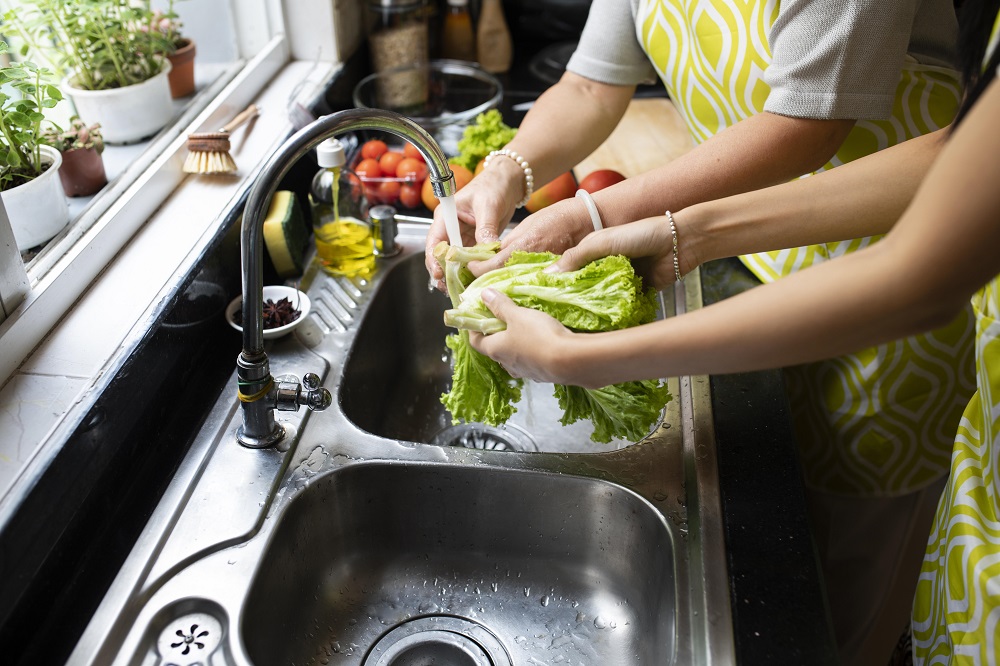
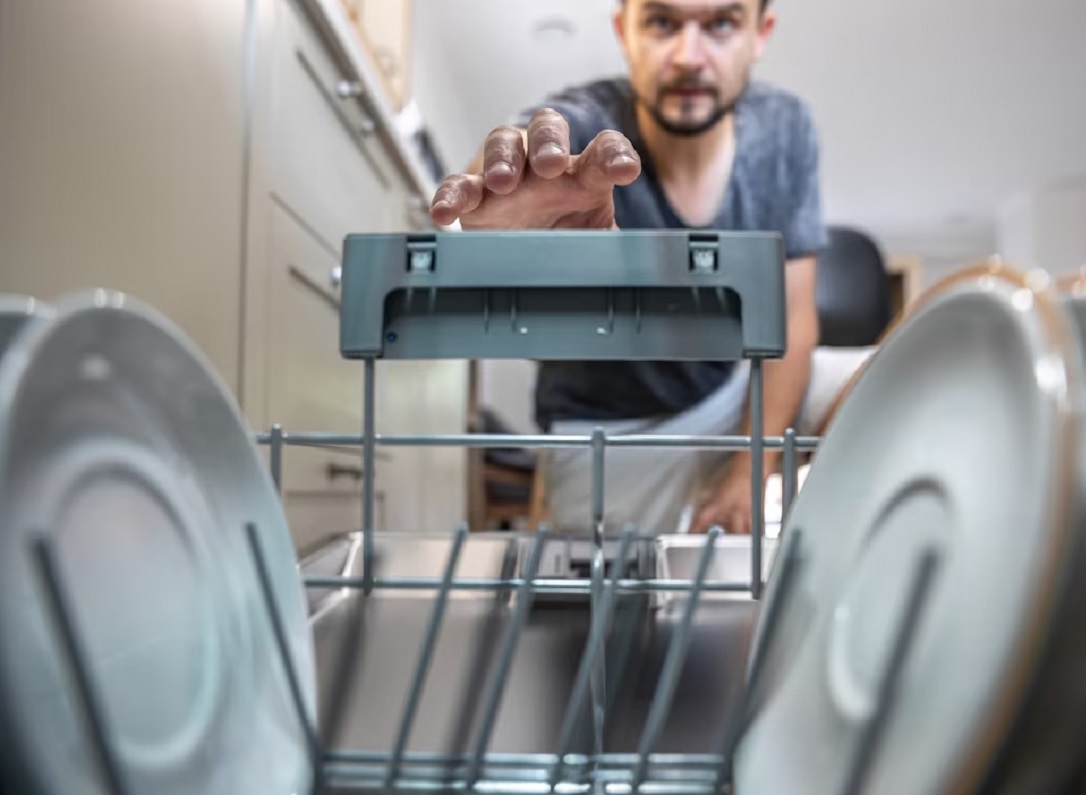
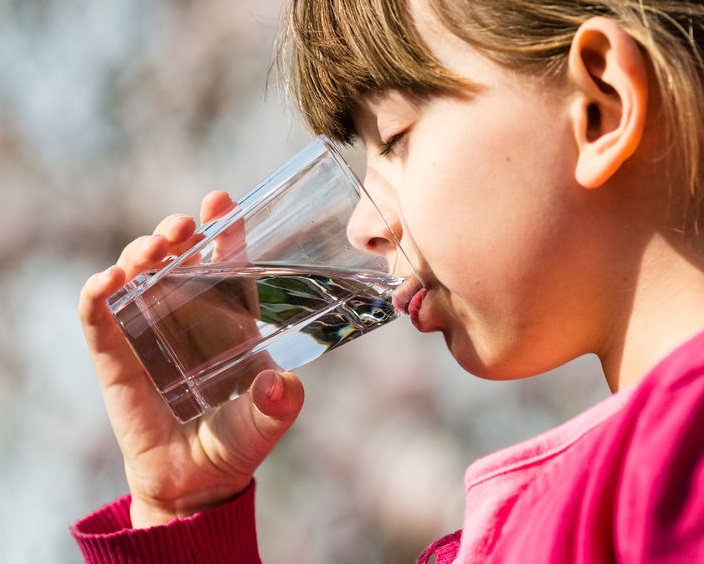
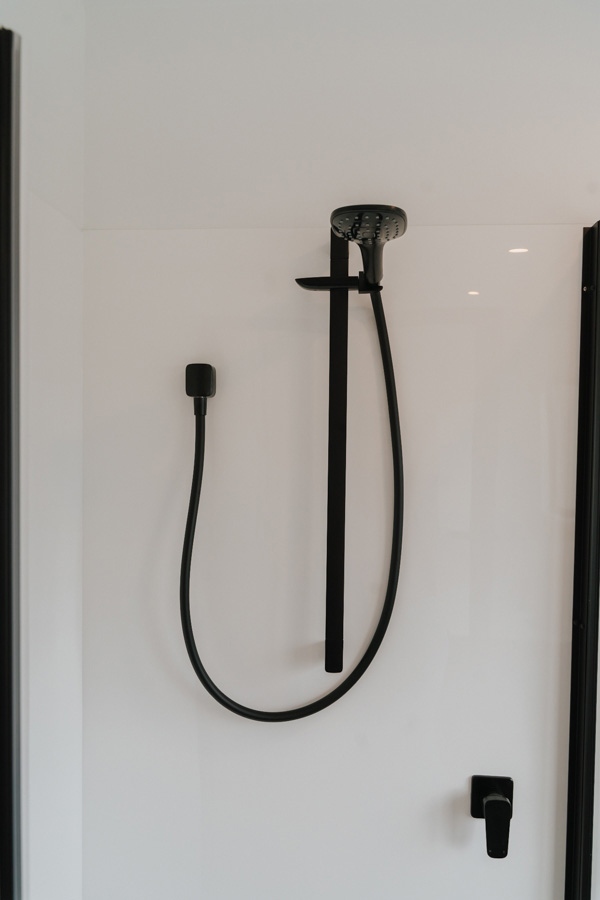
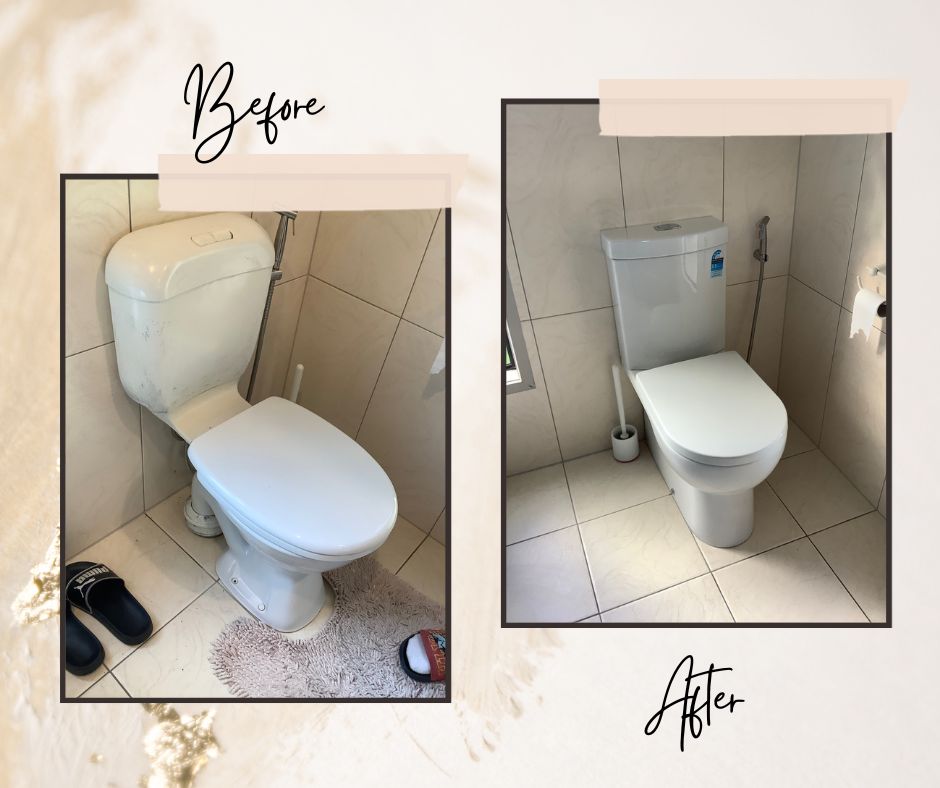
Tips to save water in the bathroom
The bathroom is a significant contributor to household water use. At 20-30% of household use, the bathroom is an area where you can use a lot of water and easily save a lot, too.
Shower time
Reducing shower time significantly impacts water consumption. Shorten your shower. Each minute you add to your shower time uses about 12 litres of water. For a household of three that extra minute costs you about $90 a year in electricity.
To help keep track of time, try using a shower timer.
Don’t just watch the shower warming up! Use a bucket in the shower to catch the water. It’s easy to carry it out to keep thirsty plants happy.
Low-flow showerheads
Replace older showerheads with modern, efficient alternatives. Consumer NZ tested water-efficient showerheads. They found replacing a 12-litre per minute showerhead with one that flows at eight litres can cut your hot water bill by about $150 a year while still giving you a comfortable and effective shower.
Turning off taps
Simple habits like turning off the tap while brushing teeth or shaving can save considerable amounts of water. Try rinsing your razor in a plugged sink, not running water. Leaving the tap running unnecessarily can use over five litres of water every time, while turning it off reduces this to just one litre.
Toilet time
Regularly check toilets for leaks, as a leaking toilet can waste about 80 litres of water per day.
For new toilet installations, consider water-efficient, dual-flush toilets. If your toilet is pre-2005 or a single-flush toilet, you could stand a full 2-litre plastic soft drink bottle in your cistern to save water every time you flush. This can save up to 5,000 litres per year.
Tips to save water in the laundry
Front-loading machines
Consider replacing top-loader washing machines with front-loaders. Front-loading machines typically use about 50% less water, making them a water-efficient choice. Use economy settings on your washing machine, and consider reducing the wash to one rinse cycle for additional water savings.
Wash full loads
Washing a full load is the most water-efficient method. If you must do a small load, ensure your machine is set to low water use.
Avoid over-washing
Extend the life of your clothing and save water by washing only when necessary. If clothing shows no visible stains, consider reusing before washing.
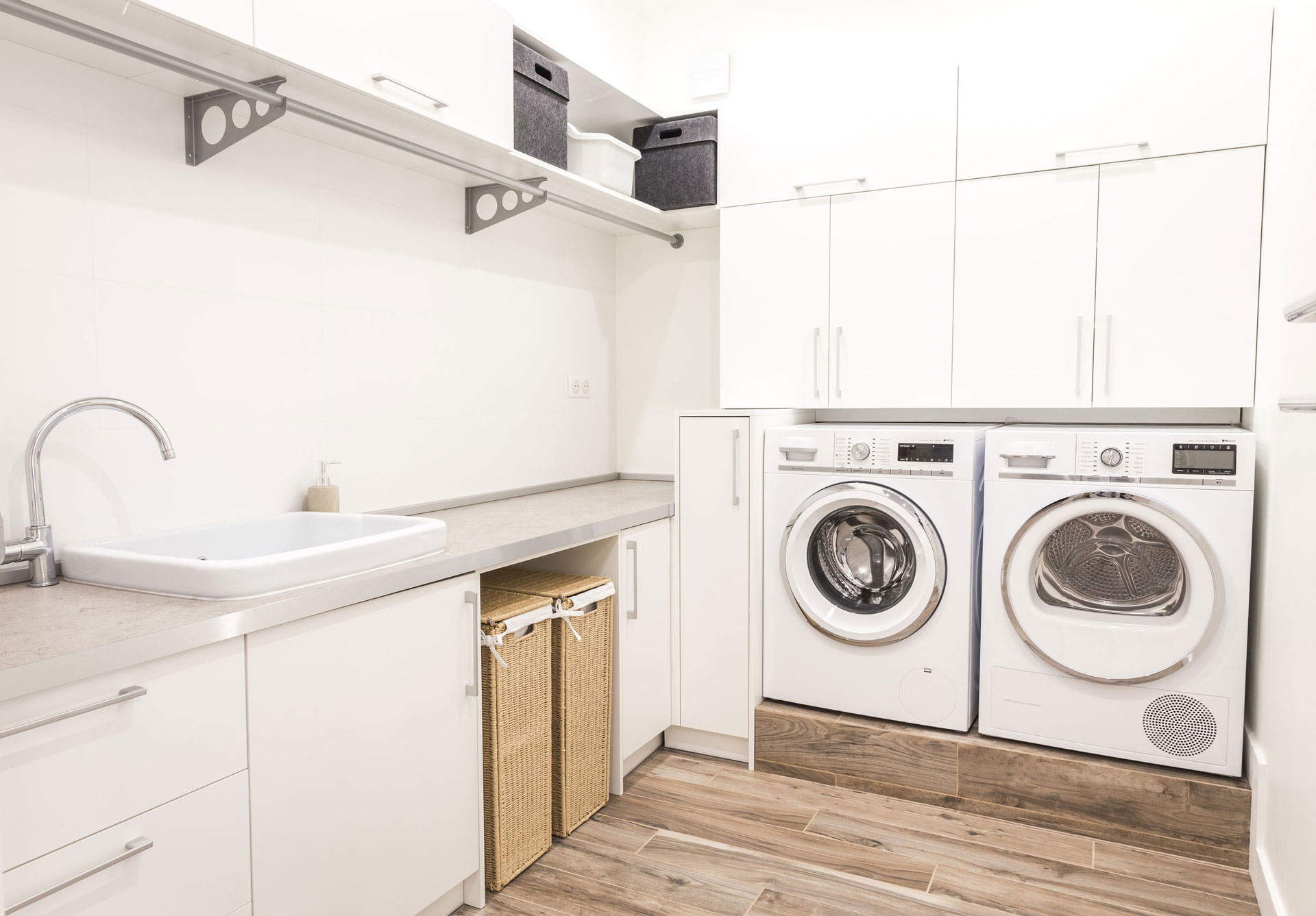
Saving water, saving the world
You can play a significant role in water conservation by implementing mindful habits in the kitchen, bathroom, and laundry, every effort counts. And we can help you do it. From fixing leaks and upgrading toilets and appliances to installing low-flow showerheads and shower restrictors, we’re the team.
We’re also the team to help with garden irrigation and rainwater collection solutions. We can supply and install everything you need for your irrigation system: the tank, taps and pipes through to building a wooden platform to keep the tank elevated. Our plumbers have successfully installed water tanks for irrigation across the North Shore and Hibiscus Coast to many happy customers.
By incorporating these simple tips to save water into our daily routines, we contribute to a sustainable and water-efficient future for our Whangaparaoa, Hibiscus Coast, North Shore and Rodney communities.

